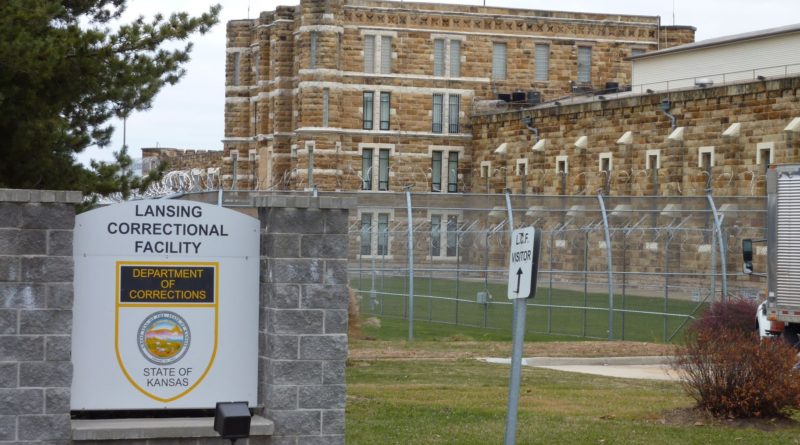Moves for Improved Lansing Correctional Facility Trouble Legislators
LANSING, Kan. — Everything old is new again — or at least could be — for the Kansas Department of Corrections (KDOC), which has selected CoreCivic, a private prison provider, to rebuild the Sunflower state’s oldest prison: the Lansing Correctional Facility.
KDOC’s five-year capital improvement plan was approved by legislators this week except for a specific recommendation on rebuilding the existing facility, which is also the state’s largest. Instead, the Joint Committee on State Building Construction encouraged KDOC to work with other community stakeholders including mental health providers. Despite not receiving the committee’s complete blessing, KDOC has proceeded to engage CoreCivic, which will design, construct and operate a new, 2,400-inmate, refreshed Lansing Correctional Facility.
Approval for the $362 million, 20-year lease from CoreCivic, still must be received from the State Finance Council. After the term, the facility would revert to ownership by the state.
Making the case for replacing the bulk of the prison was Kansas Corrections Secretary Joe Norwood, who observed that elements of the prison date back to the mid-19th century and that maintaining the facility absorbs half of the department’s capital improvement budget. Moreover, Lansing requires additional staffing, a cost that could be allayed by a more contemporary design.
“As the infrastructure at Lansing continues to age and and continues to deteriorate, it will require additional resources to continue to operate that facility as it is today,” Norwood was quoted saying in the Topeka Capital Journal.
The notion of a lease-purchase solution for the correctional facility, however, raised some criticism — not least of which for its price tag. A recent audit conducted by the state found that KDOC underestimated the cost of rebuilding Lansing Correctional Facility through a lease-purchase agreement. The KDOC’s initial estimate put the project cost at $140 million over two decades. The audit concluded, however, that it could cost $206 million over the same duration. Now, a $362 million, 20-year lease is on the table while several legislators prefer issuing bonds and hiring a contractor and constructing the facility as a state-owned project. CoreCivic CEO and President Damon Hininger, however, said his company doesn’t do bond-financed builds.
In the meantime, CoreCivic is facing various federal lawsuits over the operation of Leavenworth Detention Center (LDC), a private contract detention facility in Leavenworth, Kansas. “The DOJ OIG audit found that the USMS failed to provide sufficient oversight of the LDC, which resulted in several significant issues with LDC operations going unaddressed for extended periods of time,” said an Office of the Inspector General (OIG) statement.
The suits allege employment discrimination and spying on communications. According to a statement issued in April 2017 by the OIG at the U.S. Department of Justice, the issues at Leavenworth include “periodic understaffing, which led to the closure of security posts” and “triple bunking detainees” in cells designed to house only two inmates.
The OIG also determined that “one of CoreCivic’s employee fringe benefits called the ‘sick account’ contained excess funds that could be interpreted as ‘cash equivalents’ that should have been paid to employees on a regular basis.” According to a report, CoreCivic’s benefits administrator withheld the funds for months or years before disbursement to employees, which may not be compliant with labor standards for federal service contracts.

